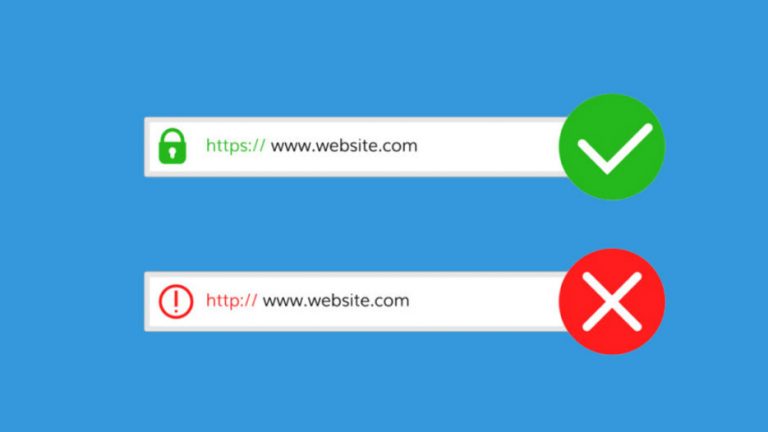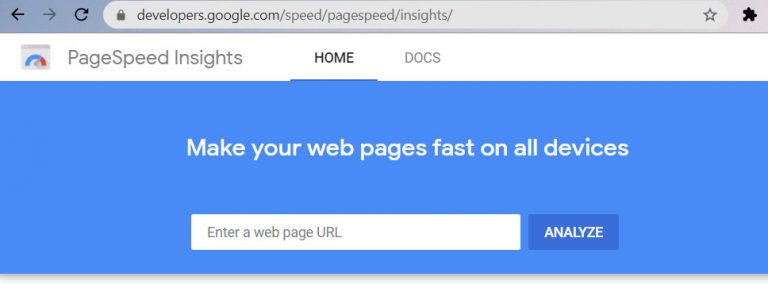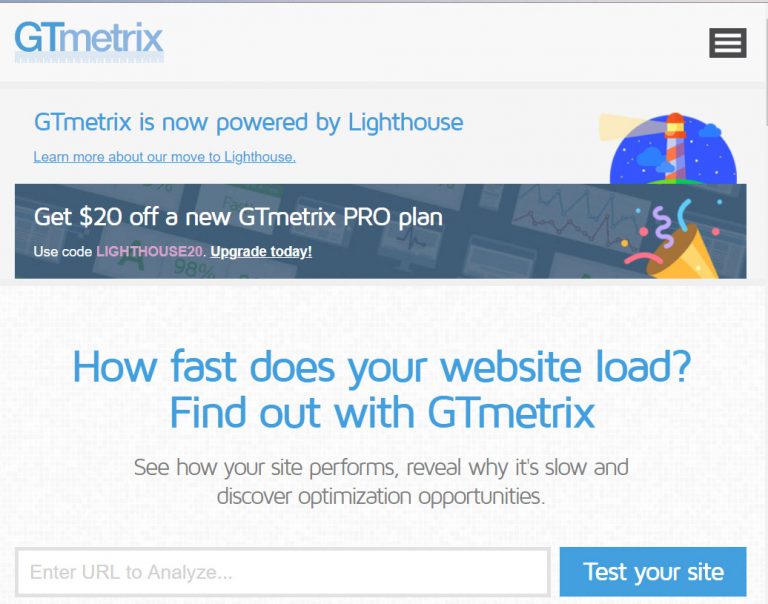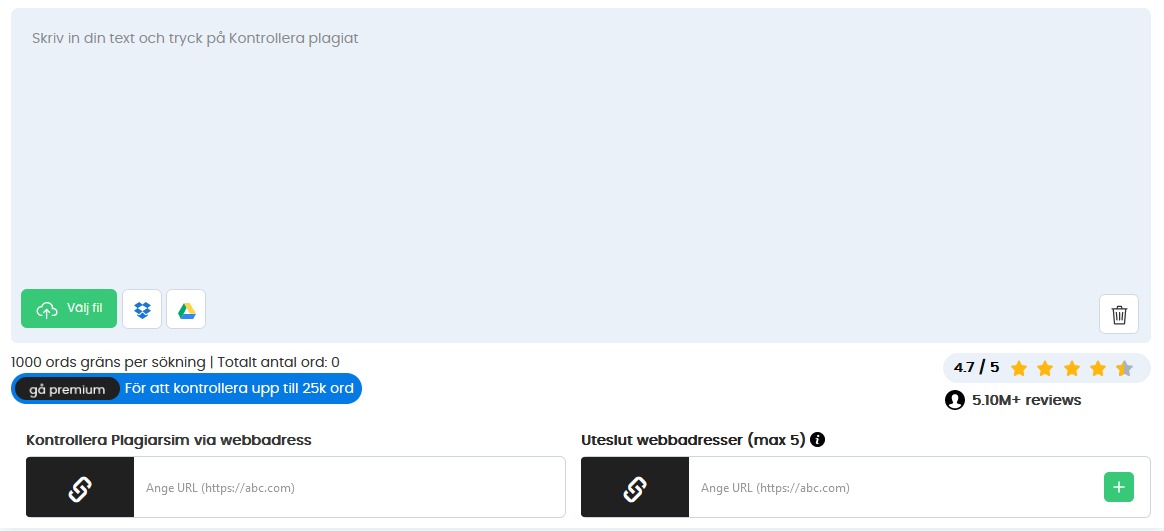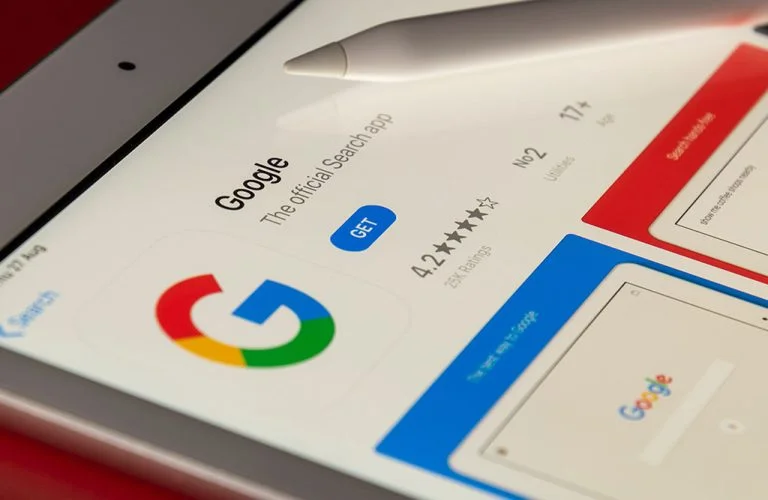TABLE OF CONTENTS
Add a header to begin generating the table of contents
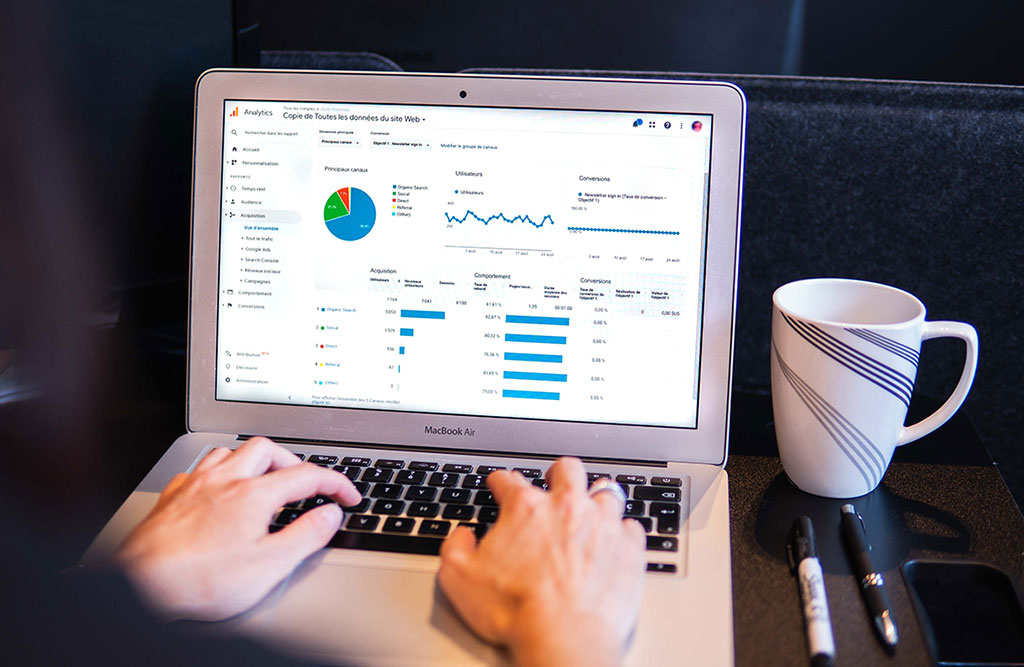
SEO requirements are dynamic, and it may be a daunting task to keep up with the pace. However, this failure to keep up with the latest SEO developments can have detrimental effects on your online SEO ranking. You need to understand these trends to enjoy high traffic. Well-optimized websites enjoy higher traffic.
With more traffic, you can expect more sales and leads. If you do not apply SEO, it becomes hard for searchers to find you, meaning your hard work will not be of any value.
This article offers some of the critical SEO ranking factors to know to gain a competitive edge. However, before getting into these factors, let’s look at how search engine rankings work.
What is SEO?
Search engine optimization is the process involving making web pages better for top SEO ranking.
How does SEO ranking work?
In SEO, ranking is the position your content gets on the search engine’s results page (SERP). It means that when web visitors search for a specific term, your website may or may not appears on the first page of the search results.
When your webpage appears on the first page, this is valuable because most searchers do not go beyond the first page. However, being on page 1 of Google SERP is vital but being at the top three results means most to your business because almost 50 percent of clicks go up to these positions.
What Google looks for in SEO?
The major goal of Google is to organize global information to make it universally useful and accessible. Google search bots regularly crawl the web pages, then add the correctly crawled and optimized pages to Google’s index and catalog them. When web visitors search on Google, it then evaluates the most vital results depending on the terms entered. For web visitors to click your website and link, you have to pay more attention to page titles and Meta descriptions.
How do Google search rankings work?
When people are looking for information, they type keywords related to what they are looking for. However, it is not just keywords that are essential; quality information is critical. The most vital thing when it comes to addressing SEO rankings is to allow Google to understand when your site pages are valuable to specific search queries so that web visitors visit your website and click the links.
On-page SEO and off-page SEO
These are two terms you always find when it comes to SEO ranking factors. On-page SEO is a collection of tasks to optimize the web pages, including the underlying code and content. On the other hand, off-page SEO is the actions taken outside your website to influence your website’s authority and trustworthiness by developing the right social signals and inbound links.
Monitoring SEO rankings
One of the ways to monitor SEO rankings is by searching Google using the keywords you think your visitors will be using. You can also do the monitoring by use of search tools such as SEMRush that can show you report and show the top keywords you are ranking.
Top 10 Google Ranking Factors for 2021
1. Easily accessible and secure site
The top-ranking factor is to have the right kind of URL. This is the URL that bots can reach and crawl easily. What this means is that Google should find it easy to visit your URL and look at the web page content to know the goal of the page. To assist the bots, you should have; a site designed with a correctly coded site builder, a sitemap listing all your web pages, and a robots.txt file that shows Google where to look at your site information and where not to.
Action items
- a. Create an XML Sitemap and upload it to the root directory of your website.
- b. Create a robots.txt file and upload it to the root directory of your website.
- c. Add an SSL Certificate to your website.
2. Web page loading speed
A website loading speed is a top-ranking factor. Google aims to enhance users’ experience of your website, and a quick loading site does that well. Your website should also load fast on mobile devices failure to which you may get penalized.
Action items
- a. Check and optimize your website with Google Page Speed Insights for the top score.
- b. Check and optimize your website with GTMetrix.com with a target load time of 2-3 seconds.
3. Mobile responsiveness
Still, on the subject of mobile, your website should be mobile-friendly to attain top ranking. Today, a large percent of web visitors use mobile devices to access the internet. Google index draws more results from sites that are mobile optimized. Mobile responsiveness involves having a website that resizes to fit any device, easy to navigate, and access and using font easy to read on small devices.
Action items
- a. Check if your website is mobile responsive
4. Domain authority, age, and URL
Websites that are more than three years old, usually rank at the top search results. At times, domains also matter despite that Google penalizes exact match domains. Exact domains viewed as valuable, relevant, and high quality enjoy top rankings. However, if your website is already established, there is no need to look for a site with an exact match domain. The most critical thing is to pay more attention to a URL reflecting your business and ensure it is optimized. Besides, domain authority also matters, including relevant content and off-page SEO signals. You can utilize open site explorer to check your page or domain authority.
5. Content optimization
Content is critical to ensure your website ranks at the top search results. To improve the ranking, you should ensure your content is fully optimized.
Optimize content involves using relevant keywords. These are the phrase and words web visitors use as they look for information. These are also terms describing the topics your website is about. This is why it is critical to use the right keywords in your web content.
- a. Avoid duplicate content
However, you should avoid duplicate content because this works against your website ranking. For top rankings, original and fresh content is essential. If you must use duplicate content for certain cases (such as product specifications), use canonical tags to let Google know and avoid any impact.
Action items
- a. Check if your website has duplicate content
Understand LSI keywords and SEO rankings
Besides the main keywords, you should also have terms related to the main term your visitors are looking for. These terms are called latent semantic indexing or LSI keywords.
- What is LSI
They offer a form of online word association to help Google determine the results to show.
It is worth noting that most web visitors also search using voice, web content optimization should include optimization done by language searches and questions.
- Avoid keyword stuffing
Another vital thing to note is that keyword stuffing is not allowed since it results in low-quality webpages, hurting your Google SEO rankings.
- Search intent for content optimization
When optimizing content, search intent is critical. This involves being aware of what web visitors are searching for when they type search keywords. At times it may be clear what people are searching for, so make sure you make the work easier for them. A well-optimized website has content for each of those types of searches.
- Content length as an SEO ranking factor
Google wants high-quality content with a certain length. Content with more than 2000 words (two thousand words) enjoys higher search rankings.
Lengthy content also attracts more shares and links.
The content should have answer boxes. Besides, the content should answer questions by including questions as heading, having correct and short answers, including list and tables.
Moreover, use videos to improve Google ranking as they are shared, read, and linked even more than written content.
6. Technical SEO
Right coding is a critical aspect of content optimization for improved rankings. You should include keywords in page titles, which Google looks at first to determine the content’s relevancy to searches.
Meta descriptions are essential as they help entice readers. Create grabby and short Meta descriptions. Where necessary, you should use schema markup to show Google the kind of information you are producing.
It is also important to use header tags to show the hierarchy of your content. In case you have a title formatted as H1, then use H2, H3, etc. for other sub-headings.
7. Positive user experience
In recent times, Google has been using artificial intelligence to improve web page rankings. Some of the signs that determine your Google rankings include:
a. Clickthrough rate
- i. This is the percentage of people who click to visit your website when an entry comes as they search on Google.
b. Bounce rate
- i. This is the number of people who move away from your site when it fails to provide what they want.
c. Dwell time
- i. This is the time that visitors spend on your website.
- ii If people get into your site then move away, Google thinks it is irrelevant to what they want. If more people bounce away, then your ranking is affected negatively. On the other hand, if they visit and spend more time, Google translates your site as relevant content, thus rank you higher in the SERP.
8. Relevant links (backlinks)
Link building is essential when it comes to Google ranking. They include internal links, inbound links, and outbound links. Google makes use of inbound links to determine your content relevance and authoritativeness.
Your ranking is improved when an authoritative link has a relevant link to your website is valuable content.
You should only have a few inbound links from lowly ranked domains. Besides, linking to your content can help in tying pages together for both visitors, and Google making all your pages more relevant.
9. Social signals
If you find people sharing your content on social networks, this is a sign you have relevant content. Top-ranked pages get a lot of shares. This mostly happens with more sharing; it also means more people will view it and link it. Therefore, social shares have an indirect influence on your Google rankings. Besides having your own social media presence, make it easy for your followers to share the content.
10. Provide real business information
If you own a business targeting a certain local area, you need to offer relevant information to enjoy Google’s top Rankings. You should consider areas such as business listings, reviews, and the use of the correct local search terms and provide correct business information to gain the trust of your website visitors.
Conclusion
SEO landscape changes rapidly, and it may be overwhelming to manage the SEO for your website yourself. Our dedicated team of SEO professionals can help you navigate through the SEO world.
Contact us today to discuss how our SEO company can help your business to grow with a search engine optimization campaign!



